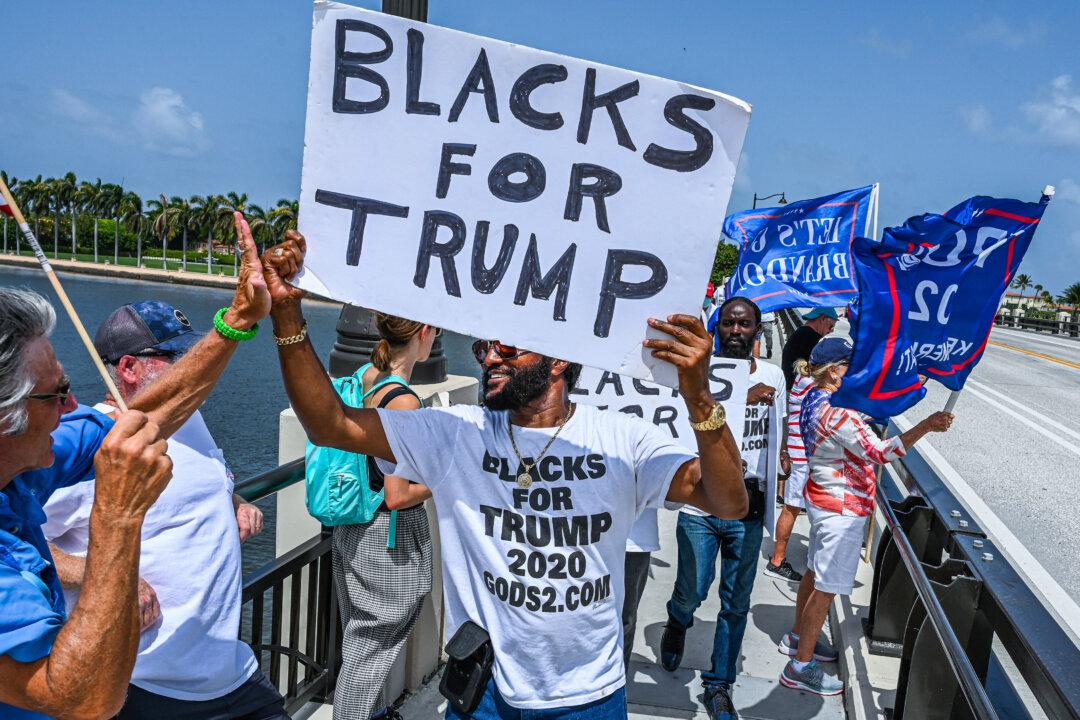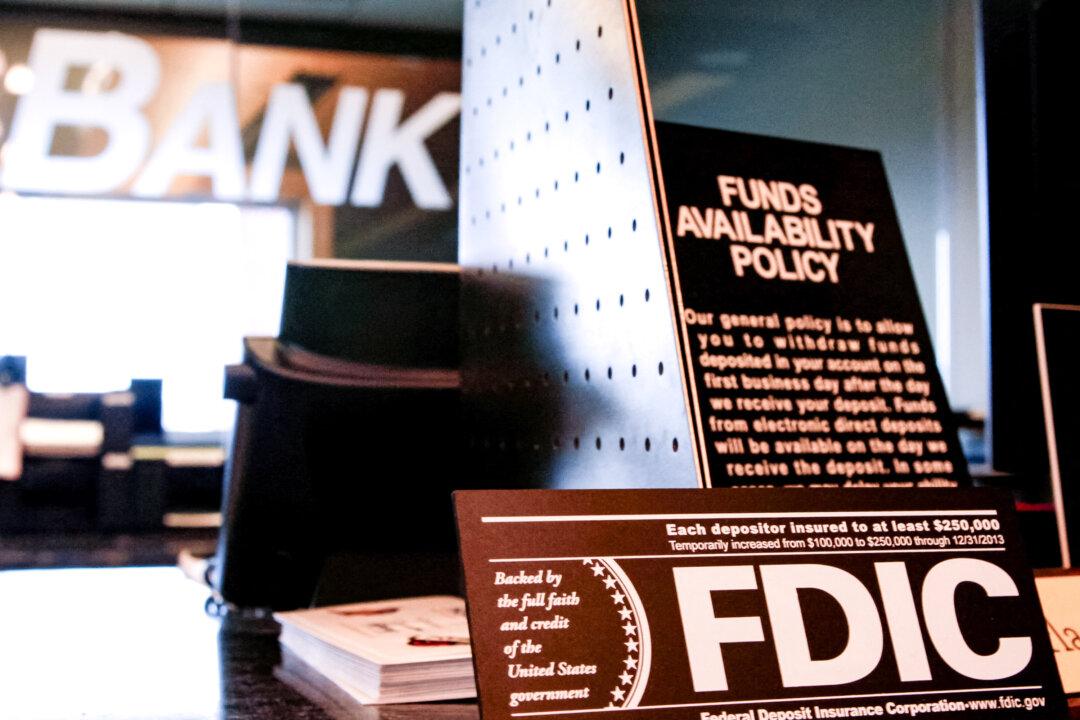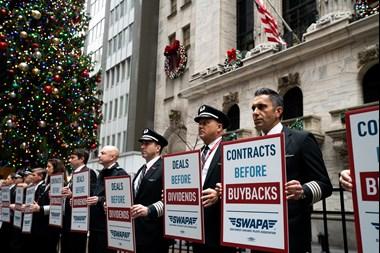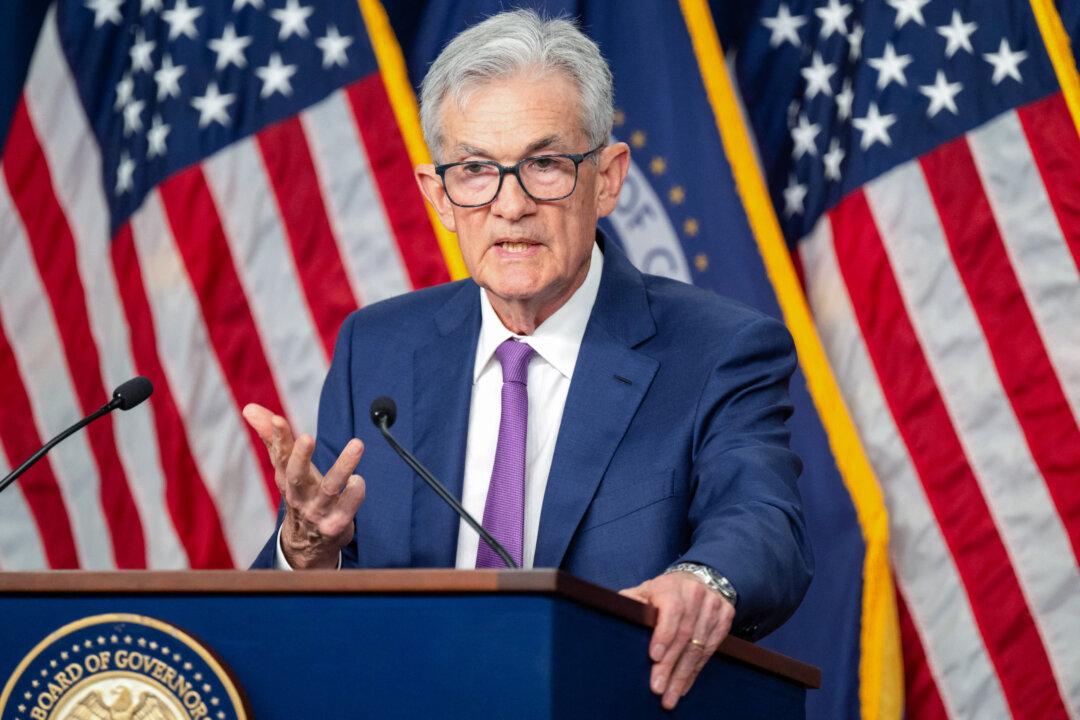Commentary
Epoch Times reporter Tom Ozimek recently wrote in these pages of former President Donald Trump’s encounter with Kayla Montgomery, a young Republican political consultant whose business is to “engage young, black professionals, students, and community members” in the Atlanta area. The ex-president and Ms. Montgomery met at a Chick-fil-A restaurant during an impromptu campaign stop in Atlanta. Ms. Montgomery was effusive in her praise of President Trump, saying, “I don’t care what the media tells you, President Trump—we support you!” A video of Ms. Montgomery and the former president hugging soon went viral, even as the media and Democrats quickly dismissed the interaction as “staged.”





